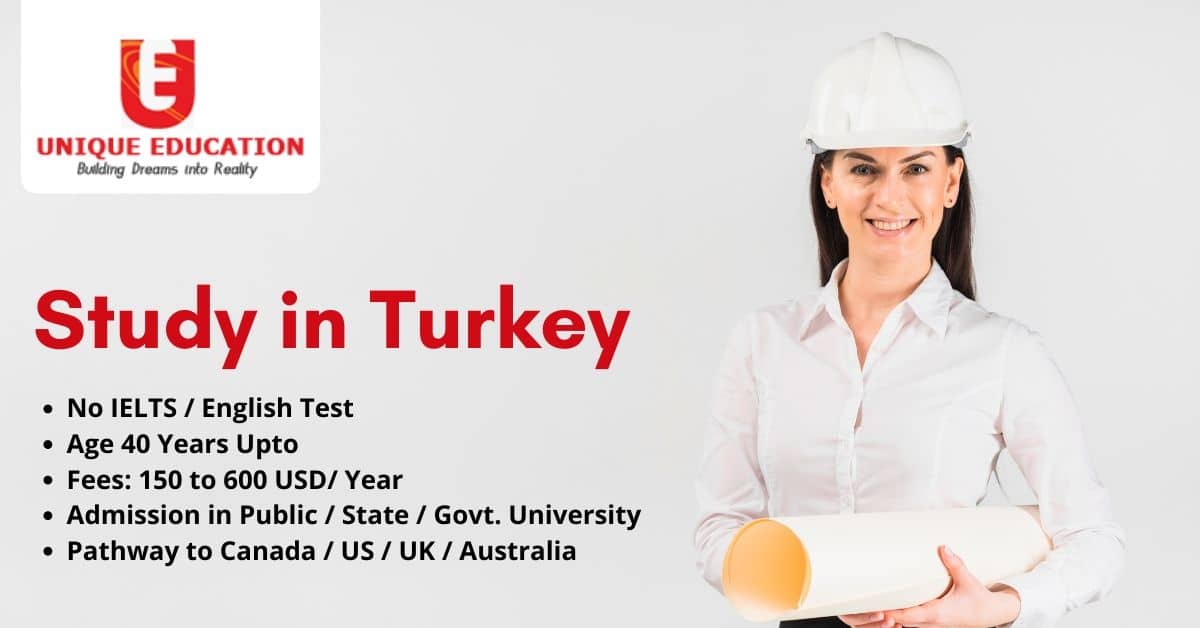Study in Turkey
Why Study in Turkey More than 150,000 international students chose to study in Turkey in the 2018/19 academic The Turkish government is keen to increase this number, aiming to attract 350,000 international students over the next few years. Turkish universities…
Study in Canada
Canada plays host to in excess of 180,000 Universal understudies in some random year. Canada is known for it's quality training and aggressive section necessities. A Canadian Degree/Recognition is perceived over the globe. Canadian establishments charge lower educational cost expenses…
Study in USA
US of America ordinarily known as the U.S.A. is the most prominent examination abroad goal among understudies in India. The USA is one of the biggest mechanical refreshed and amazing economies of the world. The US of America has 50…
Study in Thailand
Thailand has a very diverse and open culture that encourages debate and discussion and the country promotes sustainable and holistic solutions to problems. Approximately 400 master’s degree programs in the country are aimed at international students and are taught in…





